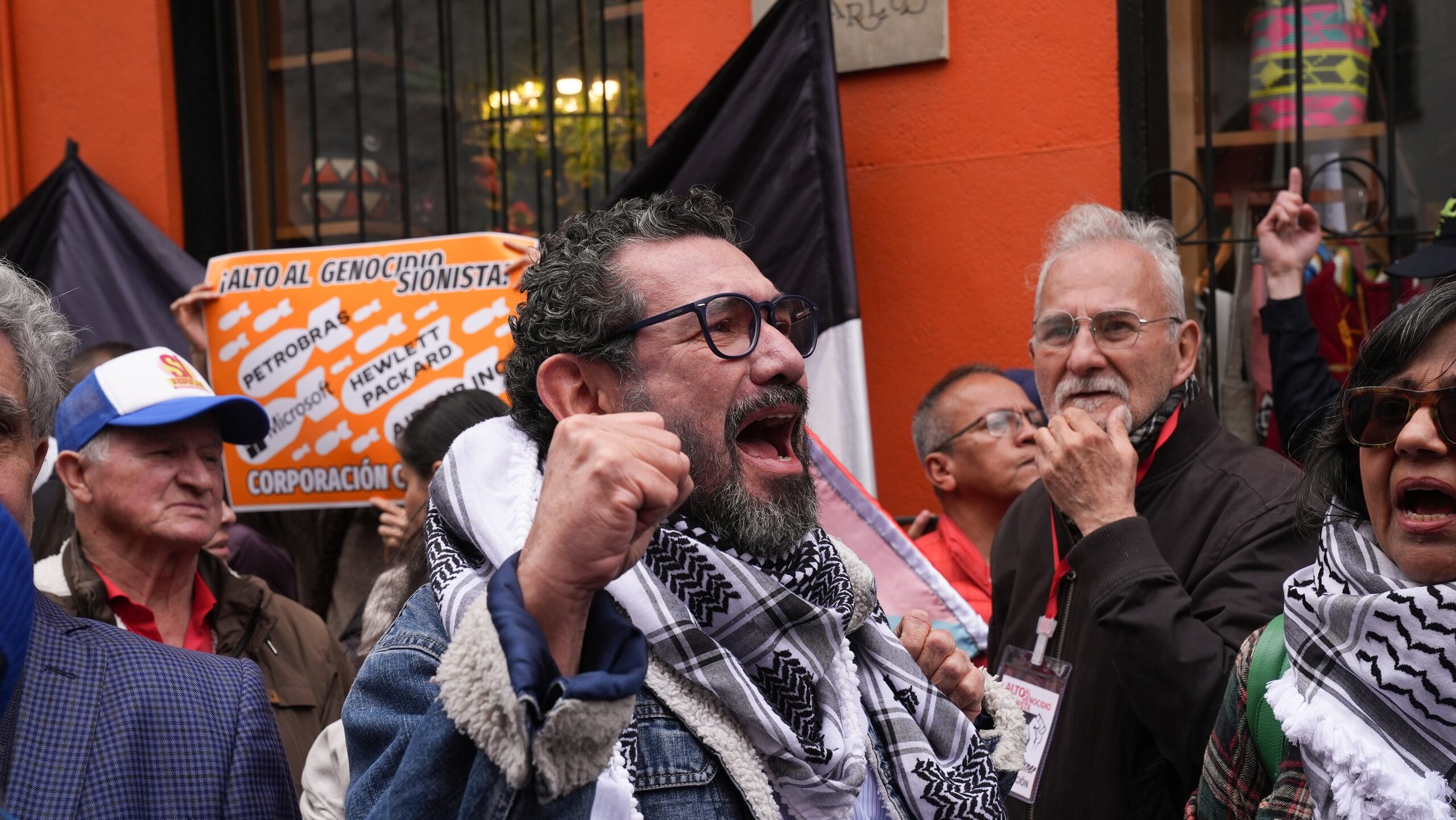Colombia Quietly Embeds Pro-Palestinian Policy Across Government
Colombian President Gustavo Petro has quietly signed a sweeping directive embedding pro-Palestinian policies across every branch of his government—an unprecedented move in Latin America. Gabriel Colodro reveals that the three-page document, formally published but barely publicized, instructs ministries to push pro-Palestinian positions in global forums, promote humanitarian aid, review coal exports, question Israeli defense imports, and weave Palestinian narratives into the training of Colombian diplomats.
Critics call the directive obsessive and disconnected from Colombia’s real needs. Ariel Gelblung of the Simon Wiesenthal Center told The Media Line, “Even Iran … does not present this as a national policy.” Marcos Peckel, commissioner to combat antisemitism at the Latin American Jewish Congress, said the directive reflects Petro’s “absolute obsession” with Israel, while doing nothing to improve life for Colombians.
This holiday season, give to:
Truth and understanding
The Media Line's intrepid correspondents are in Israel, Gaza, Lebanon, Syria and Pakistan providing first-person reporting.
They all said they cover it.
We see it.
We report with just one agenda: the truth.


The backlash points to what Petro left unsaid. While Colombia’s president focuses on Gaza, tens of thousands of his citizens have been displaced by violence at home. Meanwhile, Colombian national Elkana Bohbot remains a hostage in Gaza nearly 700 days after the October 7 assault—yet Petro has never demanded his release.
Despite the rhetoric, experts doubt the directive’s practical impact. Trade with Israel continues under an existing free trade agreement, and courts have already struck down Petro’s previous attempt to ban coal exports. Still, Gelblung warns that Petro’s high-profile gestures could embolden other leaders across the region, where anti-Israel activism is already gaining ground.
For now, Colombia stands alone: a democracy with no sizable Palestinian diaspora, turning pro-Palestinian activism into official state policy. To understand why critics say Petro’s move benefits neither Colombians nor Palestinians—but serves his political ambitions—read Gabriel Colodro’s full investigation.

